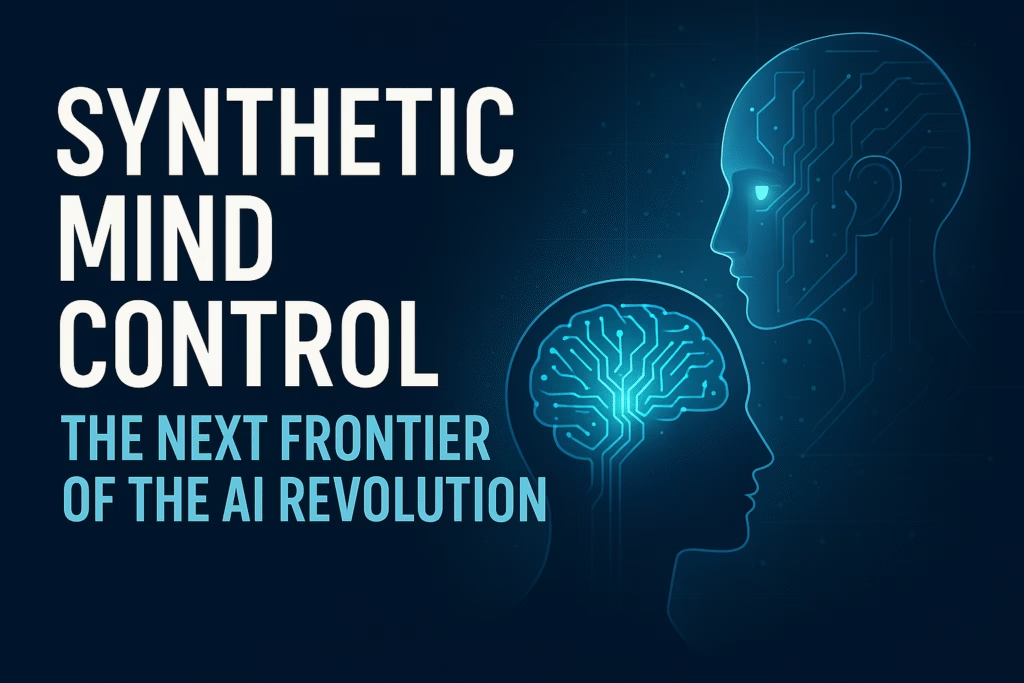
Synthetic Mind Control The Next Frontier of the AI Revolution
Artificial intelligence is advancing faster than ever and one of the most controversial frontiers is synthetic mind control This concept refers to using AI driven systems to influence alter or even override human thought patterns through subtle and direct methods While this may sound like science fiction the foundations for such technology already exist in targeted algorithms brain computer interfaces and neurostimulatioN devices
Understanding Synthetic Mind Control
Synthetic mind control is not simply about reading thoughts It is about using AI to predict human decisions and then steer those decisions toward a specific outcome Machine learning models can now analyze vast amounts of behavioral data and detect patterns that humans cannot see This predictive power gives AI the ability to subtly shape opinions habits and beliefs
The Role of Neural Interfaces in Synthetic Mind Control
Neural interfaces are rapidly evolving making direct brain to AI communication possible These devices bypass traditional input methods like keyboards or screens and instead read signals directly from the brain Companies and research labs are already testing implants and wearable devices that can send and receive signals between neurons and AI systems Learn more about this breakthrough technology in our AI and Neural Networks Guide
Ethical Concerns and the Need for Regulation
The idea of synthetic mind control raises serious ethical questions Who should be allowed to use such power How can individuals consent if they are not even aware they are being influenced Without strict rules AI driven manipulation could be weaponized by corporations governments or malicious actors This is why awareness and regulation are crucial You can also explore UNESCO’s recommendations on AI ethics to understand global perspectives
How Synthetic Mind Control Could Be Used for Good
Not all uses of synthetic mind control would be harmful In healthcare AI could help patients with neurological disorders regain lost cognitive functions For example targeted stimulation could restore memory or focus in Alzheimer’s patients This technology might also help people recover from strokes or brain injuries by reprogramming neural pathways to adapt faster
Public Awareness and Digital Literacy
One of the best defenses against harmful applications of synthetic mind control is public education People must understand how AI can influence behavior so they can make informed decisions This includes teaching digital literacy emotional awareness and critical thinking The more people recognize manipulation patterns the harder it will be for bad actors to control public opinion
The Future of AI and Human Thought
Synthetic mind control could redefine the relationship between humans and technology Whether it becomes a tool for empowerment or a weapon for manipulation will depend on the choices we make now The AI revolution is not slowing down so staying informed is essential Continue exploring more about the AI Revolution on our blog to stay ahead of the changes shaping our world
You might to like read this blog
Leave a Reply